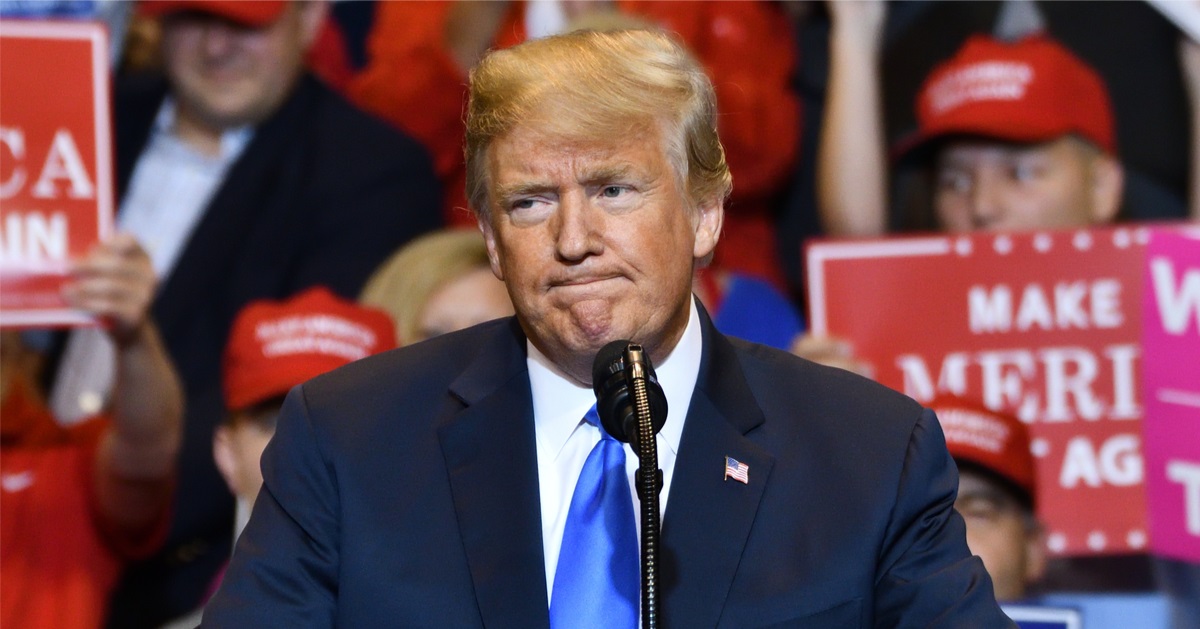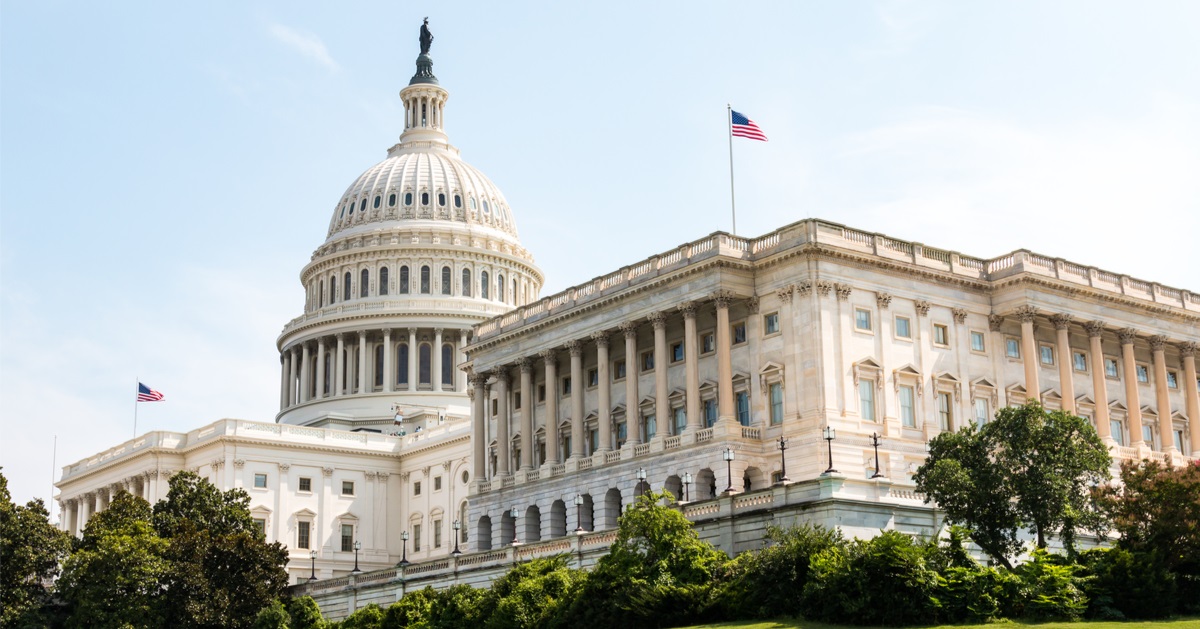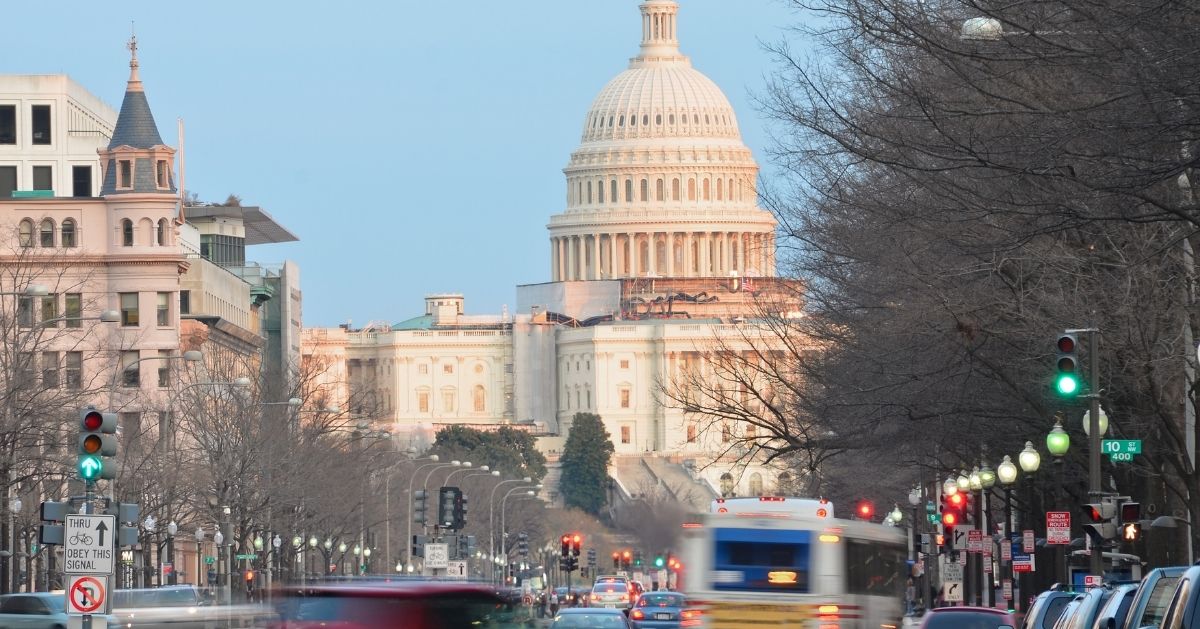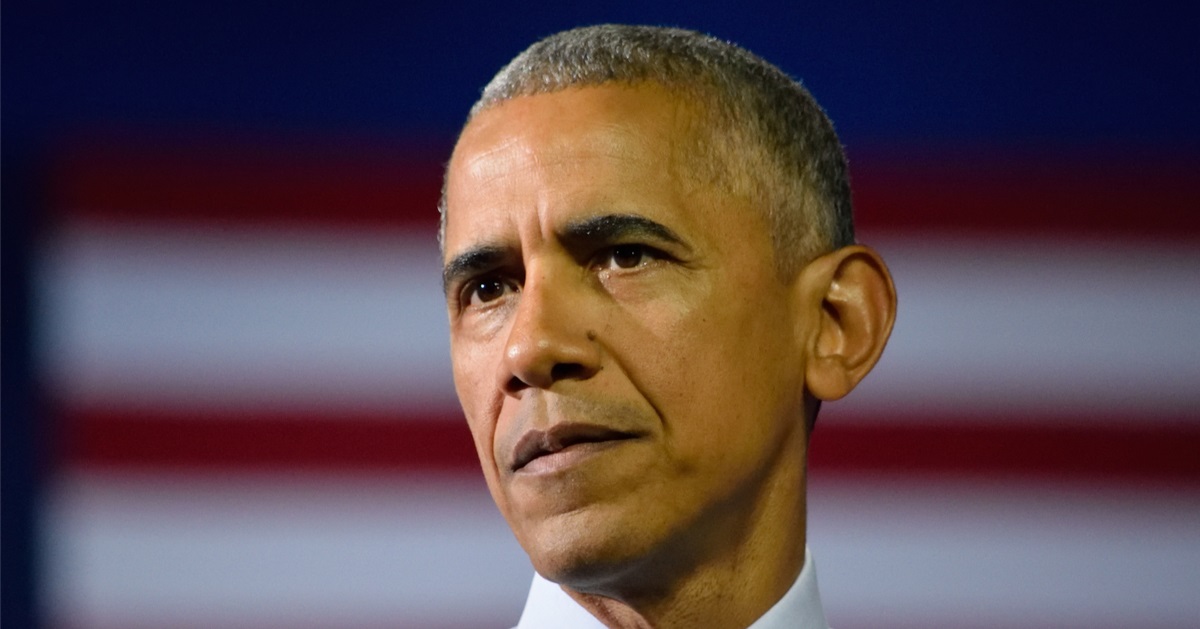Appeals court panel upholds injunction against Trump's birthright citizenship order
As part of his broader crackdown on illegal immigration, President Donald Trump acted to narrow the interpretation of birthright citizenship, as applied to undocumented aliens, only for that move to be blocked by multiple federal district courts.
On Friday, an appeals court panel upheld one of the lower court's injunctions against Trump's order, marking another significant loss on that key issue for the president, according to the Washington Examiner.
That decision could be further appealed to the Supreme Court, where the Trump administration has already asked the justices to weigh in on a similar but separate ruling against Trump's policy.
Trump seeks to limit birthright citizenship
Added to the U.S. Constitution in the aftermath of the Civil War, with the intent to confer citizenship on former slaves born in the U.S., the first clause of Section 1 of the 14th Amendment states: "All persons born or naturalized in the United States, and subject to the jurisdiction thereof, are citizens of the United States and of the state wherein they reside."
On the first day of his second term in office, President Trump issued an executive order that sought to narrow so-called birthright citizenship, such that it would not apply to the children born of aliens in the country illegally.
The order was swiftly challenged by several different groups of plaintiffs, including individuals and a coalition of Democrat-led states, and in that case involving the states, a federal judge in Massachusetts issued an injunction that blocked the Trump administration from enforcing the order.
Appeals court upholds the injunction
That injunction was appealed to the First Circuit Court, but in a 100-page decision issued on Friday, a three-judge panel declined the government's request to lift that injunction and instead upheld the lower court's ruling.
"Our nation’s history of efforts to restrict birthright citizenship -- from Dred Scott in the decade before the Civil War to the attempted justification for the enforcement of the Chinese Exclusion Act in Wong Kim Ark -- has not been a proud one," the panel declared.
The Supreme Court's Dred Scott decision, directly repudiated by the 14th Amendment, had deemed the U.S.-born descendants of African slaves to not be citizens, while the high court's Wong Kim Ark ruling, which dealt with the U.S.-born child of Chinese migrants, upheld the 14th Amendment's notion of birthright citizenship.
"The 'lessons of history' thus give us every reason to be wary of now blessing this most recent effort to break with our established tradition of recognizing birthright citizenship and to make citizenship depend on the actions of one’s parents rather than -- in all but the rarest of circumstances -- the simple fact of being born in the United States," the appellate panel continued.
The Supreme Court has already been asked to settle the issue
While it seems likely that the First Circuit panel's decision will be further appealed, SCOTUSblog reported just about a week earlier that the Trump administration had filed petitions with the Supreme Court, asking the justices to finally weigh in on the legality of the president's executive order on birthright citizenship.
Referencing the use of birthright citizenship by illegal aliens to gain footholds in the U.S. via their children, Solicitor General John Sauer insisted that "the mistaken view that birth on U.S. territory confers citizenship on anyone subject to the regulatory reach of U.S. law became pervasive, with destructive consequences."
Notably, this is not the first time that the administration has come to the high court regarding a birthright citizenship case, as they did so in March, albeit not to deal directly with that issue, but rather, to address the increasing prevalence of nationwide or "universal" injunctions issued by district court judges.
In May, the Supreme Court's majority issued a ruling that seemingly substantially limited the ability of lower courts to block the president's orders nationwide -- though some partisan judges intent on opposing Trump's agenda have continued to do exactly that.






